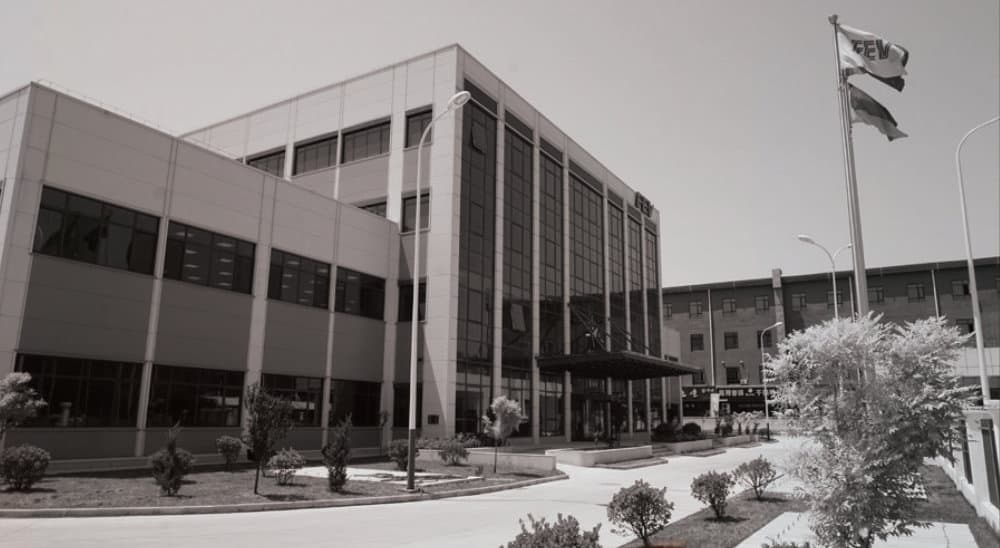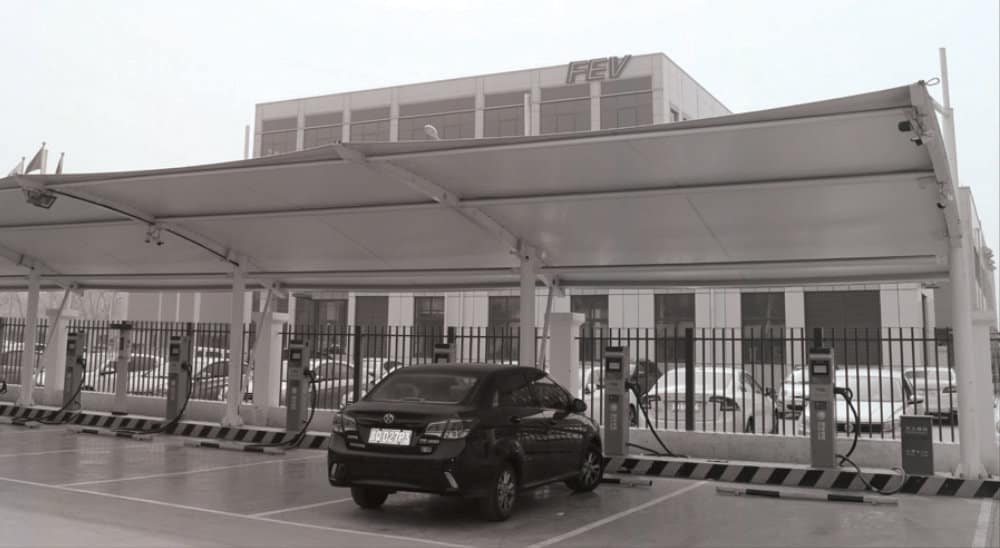
Extensive Expertise in advanced Vehicle Development
Location China
FEV has been active in the Chinese market for 25 years now. During this time, we have established strong ties to the local automotive industry, the government, and the universities located there.
Due to the increase in powertrain localization and the handling of projects on site, FEV’s first Chinese company was founded in Dalian in 2004. This location gradually expanded and now has 13 engine test benches. Around-the-clock operations provide clients with quick and dependable results for developing engines with “Made in Germany” quality. Another FEV branch was founded in Beijing in 2006, which was the home of the sales and project management teams, and offered CAD and CAE services. Two years later, a third location opened in Shanghai. This engineering office works on conventional and electric powertrains among other things.
The company saw further expansion in June 2016 with the FEV Beijing Vehicle Development Center. This ultra-modern center near the Beijing International Airport is located in one of China’s automobile powerhouses. As a result, FEV can provide its clients with even better on-site support in product development for high-efficiency combustion and electric engines, transmissions, electric power systems, batteries, and fuel cells with a goal of improving air quality and energy efficiency.
With this goal, the center’s 10,000 m2 building not only includes seven development test benches for light and heavy engines, but also a battery test bench and electric power systems test bench that can also be used for transmission testing. The facility also has charging stations for electric vehicles and a filling station with various fuel tanks.
In the next few years, the percentage of electric vehicles will rise sharply in the People’s Republic of China. For this reason, additional stages of construction are already being planned for the development and testing of electric powertrains and their integration in vehicles. Thanks to the functionally arranged basic structures and the modular design of the FEV building and central technical systems, this construction can be extended as needed.


